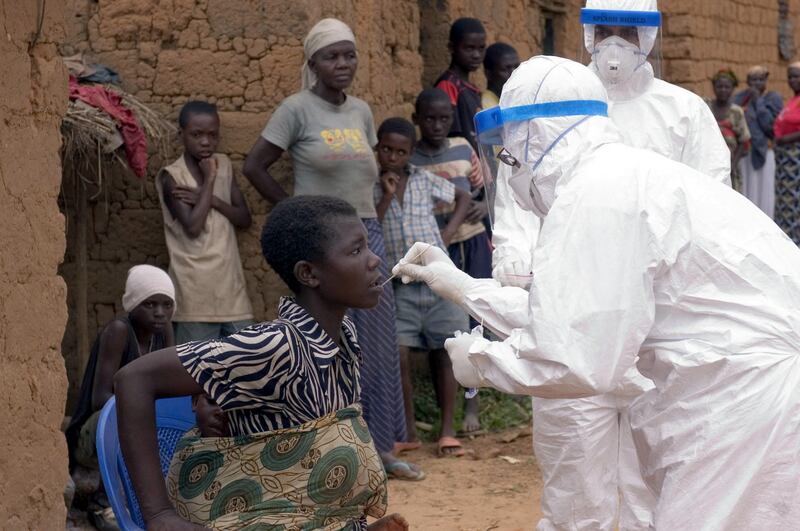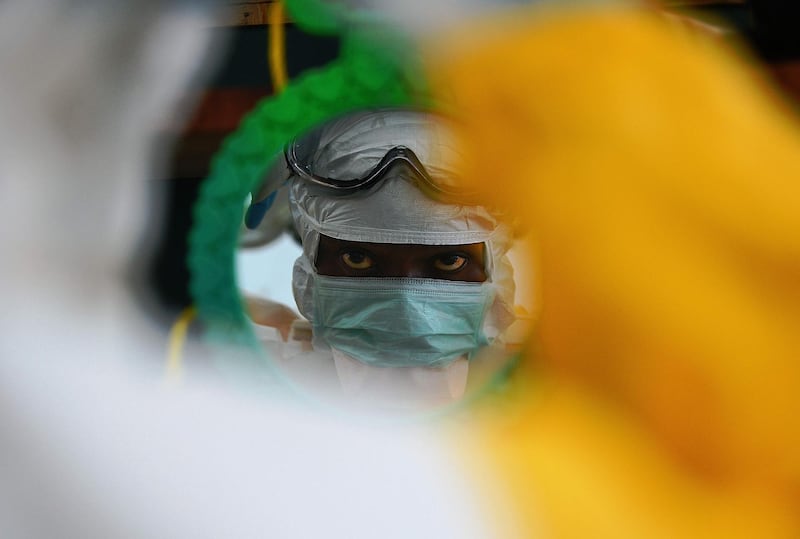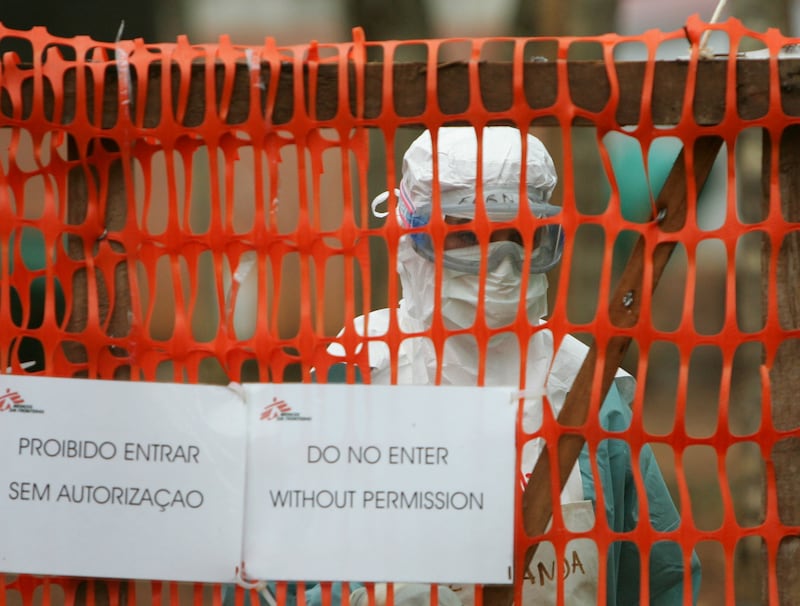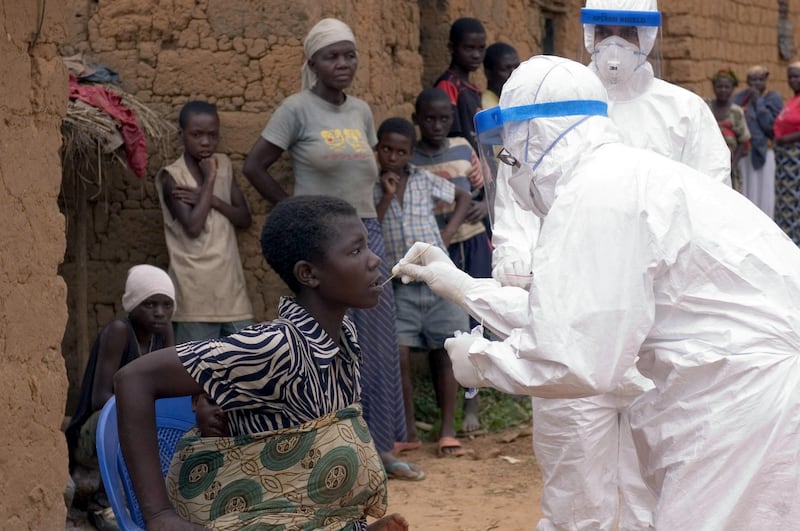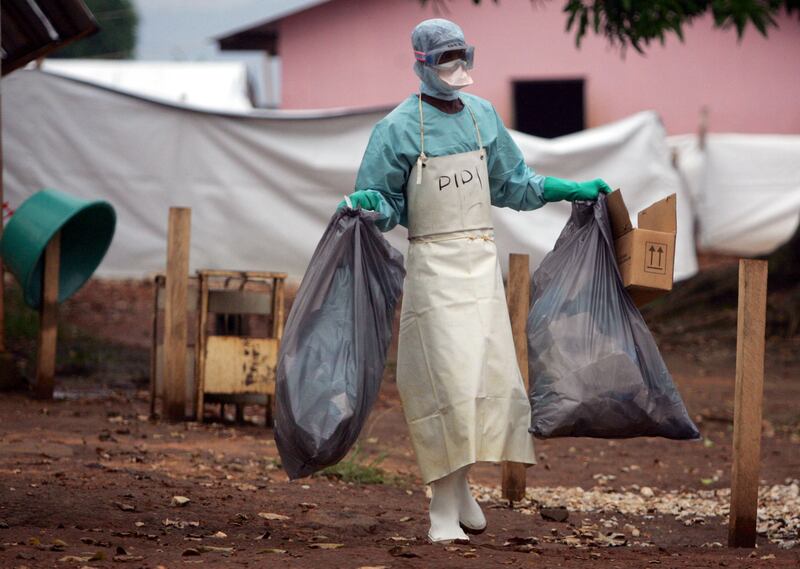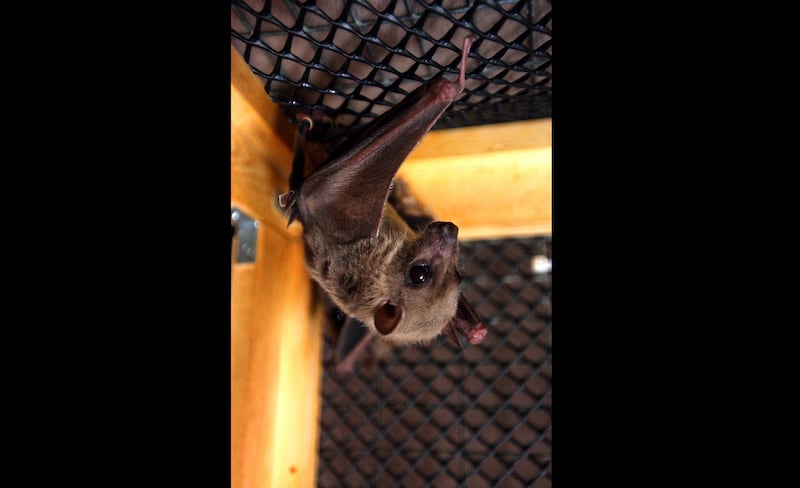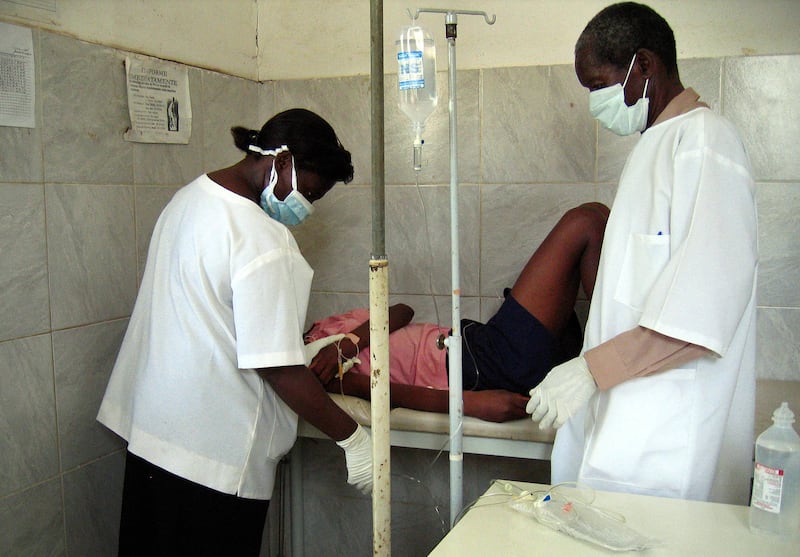The UAE has warned citizens against travelling to Tanzania and Equatorial Guinea over outbreaks of the deadly Marburg virus.
In a post on social media on Saturday, the Ministry of Foreign Affairs and International Co-operation said it was advising all citizens to postpone travel to the two countries.
It added that citizens already there should follow instructions from health authorities and contact the ministry in case of emergency.
Equatorial Guinea, in East Africa, announced last week the Ebola-like disease had spread from rural areas of the country to the commercial capital Bata. So far it has confirmed at least 13 cases, while in Tanzania, in the west of the continent, at least five people have died among eight cases.
Several UAE-based airlines fly to Tanzania. Emirates said it was operating as normal but was closely monitoring the situation. "We are aware of reports about the Marburg virus and are closely monitoring developments on this front including the latest guidance from relevant health authorities,” an Emirates representative said.
Flydubai said flights between Dubai and the country were also continuing to operate to schedule. "We are currently monitoring the situation closely," a representative said.
Saudi Arabia has also warned citizens and residents against travel to both counties until the situation is dealt with.
Tanzania's health authorities said the outbreak has been contained and Dr Matshidiso Moeti, World Health Organisation (WHO) regional director for Africa, said efforts by the country to establish the cause of the disease showed "the determination to effectively respond to the outbreak”“We are working with the government to rapidly scale up control measures to halt the spread of the virus and end the outbreak as soon as possible,” said Dr Moeti.
The WHO is working with both countries to tackle the outbreaks by providing expert assistance, deploying health emergency experts and supplying vital materials.
What is the Marburg virus — in pictures
Marburg originated in fruit bats and can spread in humans through direct contact with the bodily fluids of infected people. It has a death rate of 88 per cent and there is no vaccine or antiviral treatment. The WHO has advised that supportive care — rehydration with oral or intravenous fluids — and treatment of specific symptoms improves the chances of someone surviving the disease.
Illness caused by Marburg virus begins abruptly and symptoms include severe headache, fatigue and nausea before haemorrhagic symptoms begin within seven days.
According to the WHO, Marburg was first detected in 1967 after simultaneous outbreaks in Marburg and Frankfurt in Germany, and in Belgrade, Serbia.
Outbreaks and cases have since been reported in Angola, the Democratic Republic of the Congo, Kenya, South Africa (in a person with recent travel history to Zimbabwe) and Uganda.
The UAE, meanwhile, provided an emergency number for citizens — 00 971 80024.
